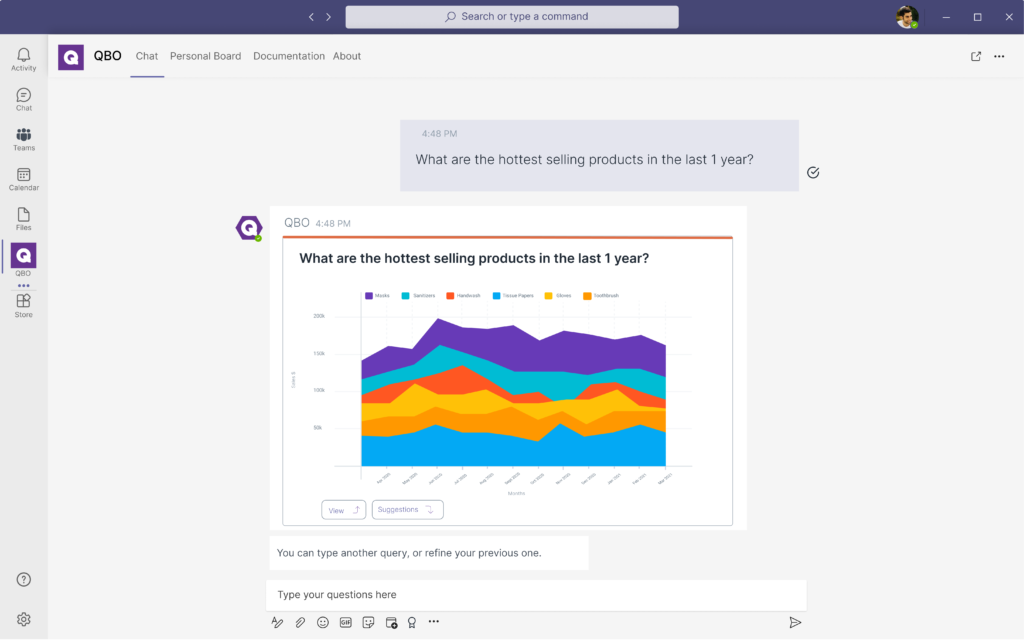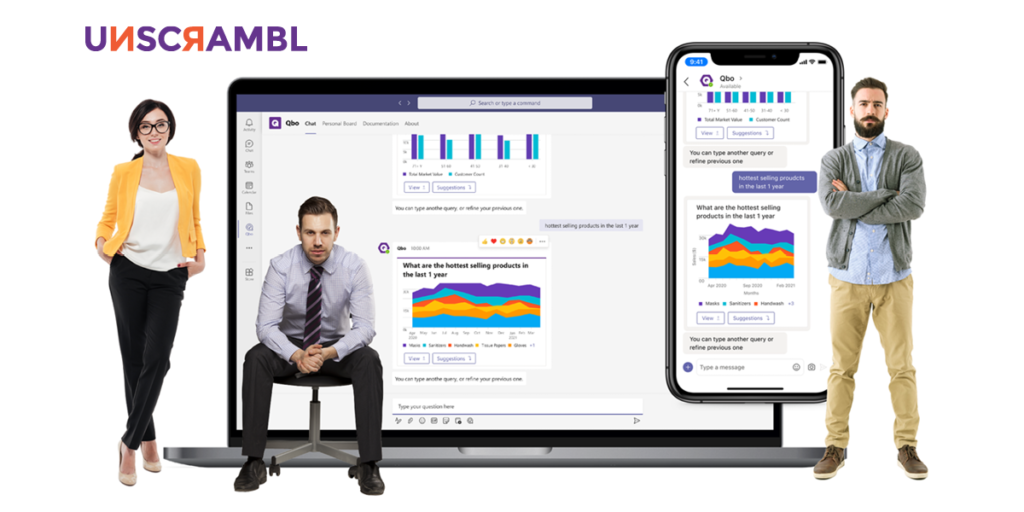 6 Minutes
6 Minutes

10 Reasons Why Retailers Are Moving Data From On-Premise To SaaS
Retailers today have to be increasingly agile with the flexibility to pivot quickly and execute on the fly to stay innovative and grow profitability.
With increasing competition from e-commerce platforms including Amazon and Flipkart, retailers today will need to effectively harness the power of their proprietary data to unlock revenue opportunities and better satisfy customer needs.
As the world accelerates towards 5G that allows applications of IoT to become more ubiquitous, retailers will be able to provide customers with new immersive in-person shopping experiences and more digitally native customer experiences such as digital store personalized recommendations.
However, to accomplish this, retail organizations will need to effectively generate, store and utilize huge amounts of data both structured and unstructured, that will only exponentially increase.
While on-premise data storage solutions have been around for decades, it is not a long-term scalable solution that can effectively grow with a retailer while providing much-needed flexibility in today’s fast-paced environment – a SaaS cloud storage solution is necessary.
In this article, we will go through why retailers are moving to cloud data storage solutions and the reasons they are superior to on-premise data storage.
The Challenges Of On-Premise Data Storage
Many retailers still keep their data in on-premise data storage solutions onsite. However, this brings about significant challenges that not only increase financial costs in a challenging business environment but also make data analysis difficult.
1. On-Premise Data Storage Requires A Dedicated IT Team
From marketing to handling customer concerns, retailers have enough on their hands.
An on-premise data storage solution will require a highly skilled IT team to store, prepare, process and analyze the organization’s data. This entails additional manpower costs that aren’t cheap.
2. Up-Front Intensive Infrastructure Cost Is Required
Compounding the issue of additional cost, on-premise data storage requires either buying a pre-made storage solution or building a data warehouse from scratch.
Both of which introduce monetary investment that could easily run up to hundreds of thousands of dollars depending on the size needed.
3. Security Risks Of Compromise & Data Loss
One of the biggest (and potentially costliest) downsides to on-premise data storage is the risk of your data being stolen, lost, or compromised.
Having an on-premise data storage solution means the responsibility of data security falls on your organization – from backups to permissions access and data confidentiality.
While many retailers might have started from storing their data on-premise, the shift towards cloud computing has accelerated the housing of retailers’ data to SaaS storage solutions such as Snowflake.

Why Retailers Are Choosing The Cloud For Their Data Storage Needs
Retailers today have to be agile and decisive with their decision-making, this means making their data an ally when it comes to unlocking opportunities to better serve their customers and grow their business.
By embracing a cloud-first approach, especially for their data storage, retailers will be able to effectively store, process, and analyze their valuable data for faster and more accurate decision making.
1. Enjoy Scalable & Flexible Growth
Unlike on-premise data storage, a SaaS solution allows retailers to select the amount of storage needs they require and scale up their needs as their business grows.
This scalability and flexibility offered allow organizations to spend only what they need on data storage.
This is especially crucial for retailers where capital is needed to move inventory from suppliers to customers as well as when data needs could suddenly spike, especially during the holiday season.
2. Enables Faster Deployment Speed
Building or upgrading your on-premise data warehouse takes time, a luxury that retailers today can’t afford to waste.
By moving their data needs from an on-premise location to a SaaS solution, organizations will be able to effectively store their data and not miss out on critical data which could unlock critical insights when analyzed.
3. Easy Integration With Cloud Business Intelligence Softwares
Many leading SaaS data warehouse solutions, such as Snowflake, have integrations with cloud business intelligence software such as QBO.
This means users will be able to instantaneously analyze the data directly within their SaaS data warehouse without the need to spend time preparing or analyzing the data – which is especially essential to generate real-time insights.
Thanks to the variety of functionality and data transformation capabilities within your SaaS data storage, teams will only need to care about asking the right questions to their cloud BI solutions and less time on the data preparation itself.
4. Enjoy Continuous Software & Solution Upgrades
With SaaS data storage solutions, the provider will be responsible to continuously upgrade the capabilities of your data warehouse.
This means easier management of your data, faster processing of the data, SQL stored procedures, and the ability to handle more complex and dynamic datasets such as geospatial data.
This allows you to further save on IT costs and focus your attention where it matters most – data analytics and interpreting valuable insights for business decisions.
5. A Single Source Of Truth For Your Data-Sets
In retail, there is a myriad of operations that generate data.
From customer preference data to logistical data and transactional data, these disparate data sets can sometimes overlap causing confusion to both users and BI solutions.
SaaS data storage allows your users to effectively derive accurate and consistent insights based on the same data. This means business decisions are done effectively, where everyone can analyze the same datasets without any conflicts.
6. Zero Need For Capital Or Maintenance Cost
Apart from the need for a team of IT experts, an on-premise data warehouse will require huge sums of capital investment that could easily run up to hundreds of thousands of dollars.
With a SaaS data storage solution, you only pay for what you use. Whether that means scaling up your data storage needs as you implement more IoT devices within your storefronts or scaling back your data needs during a slow seasonal period, a cloud data warehouse provides you with financial flexibility on your data storage budget.
What’s more, maintenance of the physical servers will be done by the service provider, while it will be bundled into the monthly cost you have to pay for the SaaS storage service, it is a minute fraction of the full cost compared to maintaining your data warehouse.
7. Enables Non-Disruptive & Independent Scaling
As more retailers move to the cloud, there are many layers besides storage that will need to be accounted for – these include the compute layer and the cloud services layer.
With a robust SaaS data warehouse solution such as Snowflake, retailers will be able to scale only their data storage layer without any disruptions to the compute and cloud services layer.
This also helps to ensure that there won’t be any additional cost on other layers that don’t need to scale.
8. Facilitates The Establishment Of A Data-Driven Culture
Enabling data democratization is a key step in effectively establishing a data-driven culture and it all starts with selecting the right data storage solution.
With an on-premise solution, only IT experts and data analysts will be able to process and analyze the data. This causes delays and reduces the chances of widespread use of data to drive decision-making.
Using a SaaS data storage solution & coupled with an integrated BI tool powered by conversational analytics, users will be able to readily access and easily analyze their data by asking questions such as:
“Which of our products are selling the most across all our retail stores in the past 12 months?”
“Which outlet is driving the most profit and has the fastest customer growth?”
9. Reduces The Risk Of Operational Down-Time
One of the biggest risks of storing your data on site is of the data being inaccessible due to circumstances out of your control.
This can be as simple as an electricity blackout to your data servers or a security compromise from a malware download. This will mean your existing data would not be able to be analyzed, it might be gone if there weren’t any backups and new fresh data won’t be able to be stored.
With a SaaS data storage solution, rollbacks and back-ups will be available as well as service resilience, allowing your organization to access data when you need it and have it secured when you don’t.
10. Allows For Real-Time Data Analysis & Insights Generation
Perhaps one of the most compelling reasons to move to a SaaS data storage solution is the integrated business intelligence tool it can pair with.
One such example is Qbo. Powered by conversational analytics, users will be able to ask conversational questions to their data to gain instant insights to make highly relevant and fresh business decisions
This means the ability to effectively identify revenue opportunities, markets that are shifting away, and customer product demand to effectively stay ahead of the curve.
As the need for real-time retail immersive experiences grows, so will the need for automated insight generation, which is what Qbo can offer. Through machine-initiated conversations, the BI tool will initiate conversations with the users to inform them of new analysis, facts, and trends that will be of benefit to them.
Thanks to a cloud data storage solution with data being easily accessible, retailers will be able to benefit from such BI capabilities to really take their data analytics and decision-making to the next level.

Gain Insights Into Your Retail Data Today With SaaS Storage & Business Intelligence
At Unscrambl, we have developed Qbo, an AI-powered conversational analytics BI tool to help maximize your SaaS data storage investment and make better data-driven decisions in your business.
Embark on a free 14-day trial today and unlock the full potential of your retail data to compete and innovate ahead!



